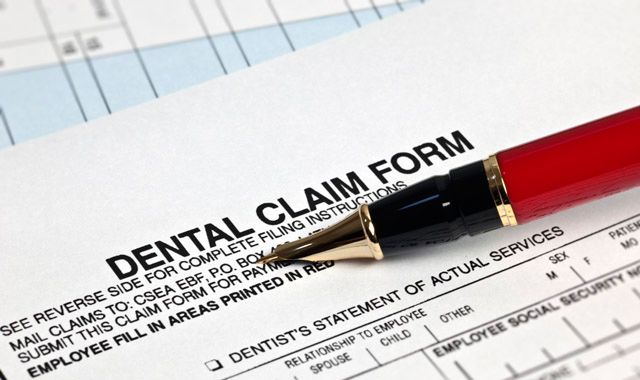Why are some insurance companies excluding dental care?
Traditionally, medicine and dentistry have been considered distinctly different fields, with medicine taking precedence over dentistry. However, with a better understanding of oral disease – and how it can affect the rest of the body – insurance programs and the medical system need to catch up.

Traditionally, medicine and dentistry have been considered distinctly different fields, with medicine taking precedence over dentistry. However, with a better understanding of oral disease – and how it can affect the rest of the body – insurance programs and the medical system need to catch up.
5 facts you should know about dental insurance coverage
The separation between the two fields is nothing new; historically, they have been seen as inherently different. This extends back to the dental profession’s humble beginnings in barbershops, when, until the 1800s, barbers doubled as dentists, pulling teeth and performing bloodletting. Because of the often painful and gruesome procedures, the field was not regarded as sophisticated, instead falling into the shadow of its more refined medical cousin.
With the current understanding that dental health can greatly impact overall wellness, it is thus surprising that dental care is still often shunted to the side and overlooked. While programs like Obamacare and Medicaid have greatly expanded opportunities for medical care, approximately 130 million people in the U.S. have no dental insurance – and neither Obamacare nor most Medicaid plans have dental care as a required benefit. Generally, only children and, in some cases, pregnant women receive dental coverage under Medicaid, leaving many people without proper oral care.
How to discuss dental benefit summaries with your patients [VIDEO]
“There are states that will not even provide relief of pain or treatment of active infection just because it’s between the nose and the chin,” Burton Edelstein, a professor of dental medicine and health policy at Columbia University, told The Atlantic. He believes that the disconnect between medicine and dentistry “has been a lasting, physiologically, medically, morally, and ethically inappropriate separation.”
To see exactly how crippling this problem has become, click here and read The Atlantic’s in-depth coverage of the issue.
Only 10% of smokers receive advice from dental professionals to quit
How Dentists Can Help Patients Navigate Unforeseen Dental Care
December 12th 2024Practices must equip patients with treatment information and discuss potential financing options before unexpected dental treatments become too big of an obstacle and to help them avoid the risk of more costly and invasive procedures in the future.
Product Bites – January 12, 2024
January 12th 2024The weekly new products podcast from Dental Products Report is back. With a quick look at all of the newest dental product launches, Product Bites makes sure you don't miss the next innovation for your practice. This week's Product Bites podcast features new launches from Videa Health and DentalXChange.
Product Bites – October 27, 2023
October 27th 2023Product Bites makes sure you don't miss the next innovation for your practice. This week's Product Bites podcast features new launches from Kerr Dental, MGF, PreXion, ZimVie, Amann Girrbach, VOCO, ASI Dental Specialties, DMG, and NovoDynamics. [8 Minutes]
Oral Health Pavilion at HLTH 2024 Highlighted Links Between Dental and General Health
November 4th 2024At HLTH 2024, CareQuest, Colgate-Palmolive, Henry Schein, and PDS Health launched an Oral Health Pavilion to showcase how integrating oral and general health can improve patient outcomes and reduce costs.